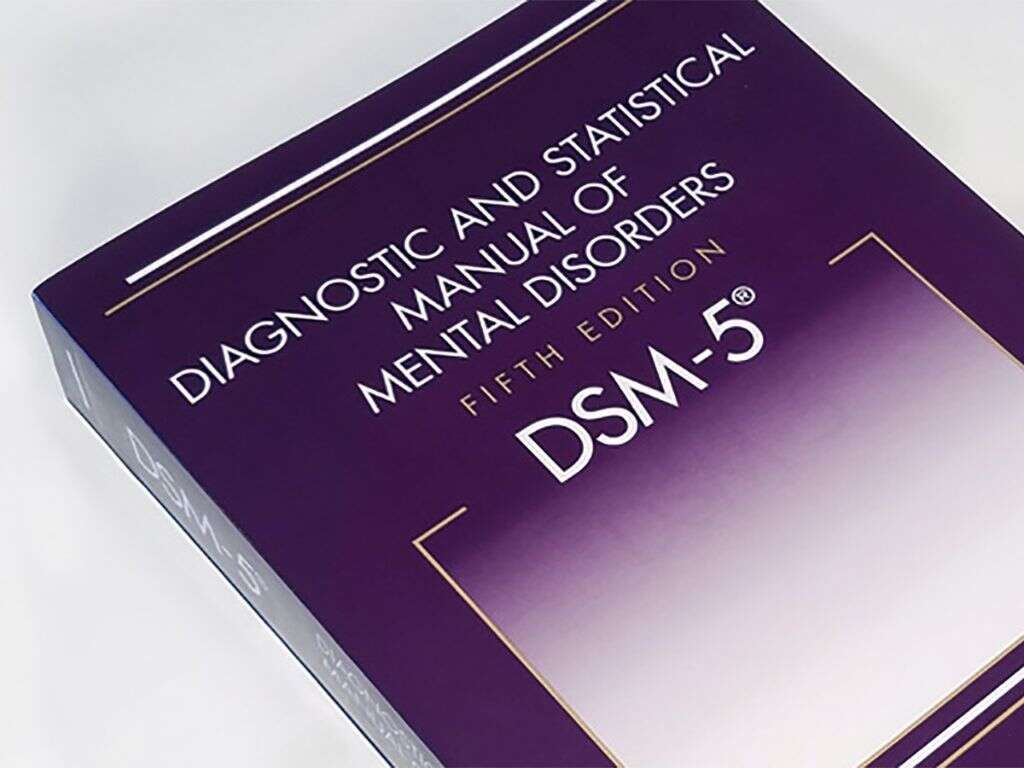What Is Factitious Disorder?
Factitious disorder is a mental health disorder that presents itself in a unique set of behaviors. Most diagnosed individuals intentionally attempt to deceive medical professionals and other individuals in order to appear sick, injured or otherwise impaired. In extreme cases, individuals with this disorder will attempt self-injury to prove they are injured.
Learn more about this mental health difficulty today. Find out how it is commonly diagnosed, typical symptoms and other features. Explore treatment options to receive the necessary care for someone you love who may be living with this disorder. Compare common types of factitious disorder and find out if there are any prevention or treatment options that may help someone you know overcome this disorder.

1. What Is Factitious Disorder?
This disorder has been called Munchausen syndrome in the past. It can be difficult to spot since individuals are often determined to appear as truly ill or injured. In some cases, individuals present another person as being injured, ill or impaired. This used to be called Munchausen syndrome by proxy, but is now referred to as factitious disorder.
Because of the nature of the disorder, many individuals seek medical attention or self-medicate for an illness that isn’t present. These individuals may go to great lengths to fabricate a medical history, create a false persona or self-injure in order to create a sense of injury or illness.

2. What Is the History of the Disorder?
The original name of this disorder was Munchausen syndrome. It was named after the German officer Baron von Munchausen, who lived in the 18th century. He suffered from this disorder and would often create spectacular stories about his own life or his family’s that were not true.
This disorder used to include a number of classifications and categories, but the most current manual DSM-V, categorizes all cases simply as factitious disorder. In the past, it used to be categorized as four distinct disorders: psychological symptoms, physical symptoms, both and not otherwise specified. This final category included the disorder by proxy, which is when caregivers or family members intentionally harmed children or elderly individuals to receive attention and to remain needed as a caregiver.

3. What Are Common Symptoms?
The most common symptoms of factitious disorder can vary depending on the illness or injury that the individual is attempting to present. At its base, the typical symptoms of this disorder include frequent stays at hospitals, extensive knowledge of the particular diseases or injuries being presented and inconsistent and spectacular medical history. Individuals with this disorder are typically isolated from family and friends and encourage surgical procedures and risky operations whenever possible.
Self-harm and fake identities are also symptoms of this disorder. Typically, they offer exaggerated symptoms, create medical histories, or create an illness through self-harm, improper wound care or intentional poisoning. Many individuals with this disorder argue with medical staff and insist on extended stays in hospitals or extreme medical treatment options. Because of the nature of the illness, most individuals spend a great deal of time researching the particular illness they are presenting. This makes it easier for them to mimic symptoms and makes it difficult for medical professionals to spot inconsistencies in their stories.

4. How Are Symptoms Organized?
The current DSM has all of these symptoms categorized as factitious disorder with no distinctions. However, it can be helpful to look at the four historical categories to organize common symptoms. These symptoms can be displayed together or independently and don’t always follow these strict categories.
Common psychological symptoms include reports of hallucinations, mimicked schizophrenia and other bizarre behaviors that the individual claims are related to mental illness. The most common physical symptoms are reports of chest and stomach pain or fever. Finally, the most common factitious disorder by proxy symptom is a mother intentionally harming an infant to gain attention. Any of these symptoms can be brought on through self-harm or simply fabricated after research about the specific illnesses being presented.

5. Are There Known Causes?
The causes of this disorder are currently unknown, but there are many risk factors that can increase the risk of an individual being diagnosed with factitious disorder. Individuals who experience serious illness or trauma during childhood are at risk. This can include physical, emotional or sexual abuse. A loss of a loved one or previous serious illness at any age can also be a risk factor.
Finally, low self-esteem, depression or a personality disorder are all associated with factitious disorder. Individuals who work in the health care field or wish to be associated with the field are more likely to develop this disorder. If you or a loved one is dealing with any of these emotions or has gone through a traumatic experience, therapy can be a major step in reducing the seriousness of the symptoms and potentially lowering the risk of factitious disorder.

6. How Is It Diagnosed?
Individuals with this disorder are very skilled at preventing false illnesses and being dishonest about symptoms, so they are often successful at avoiding diagnosis. Unfortunately, this causes individuals to have unnecessary surgeries, medications and hospital stays. It can be difficult to diagnose this disorder. Medical professionals who uncover dishonest medical history or see false symptoms of an illness are most likely to discover a case of this disorder.
Most diagnoses come when a doctor finds unusual symptoms or an apparent illness that isn’t presenting the correct symptoms. After testing, it may become apparent that an individual is claiming an illness he or she clearly does not have. A doctor will then refer the individual to a psychiatrist for a full evaluation and mental health diagnosis. A psychiatrist may need particular training on this disorder, as individuals may be presenting false psychological illnesses that mask the symptoms of factitious disorder.

7. What Are the Obstacles To Diagnosis and Treatment?
Few individuals with factitious disorder are willing to be diagnosed and actively avoid treatment for their actual mental disorder. This makes it difficult for doctors and psychiatrists to work together on a diagnosis and treatment plan. Once a diagnosis has been made, continual treatment is difficult. Most individuals are aware of their own deception, so they may continue to act this way even after the harm of the disorder is explained.
Typically, even after a correct diagnosis an individual with this disorder will continue to create false medical histories and avoid using his or her real name. This makes it difficult for psychiatrists to prescribe a treatment plan and see that it is followed. Without proper treatment, many individuals with this disorder face severe injury or even death from substance abuse and unnecessary surgeries. Factitious disorder imposed on others can lead to serious injury or death of the individual under their care.

8. Are There Effective Treatment Options?
The goal of factitious disorder treatment is to reduce the use of medical facilities. Individuals need to know they can access medical care facilities in the event of an actual illness, but too often a person with factitious disorder overuses these facilities. One of the most effective options is psychotherapy, primarily cognitive-behavioral therapy. Therapy is used to change behaviors and thoughts surrounding the need for medical treatment and the attention it provides.
Because a major risk factor of this disorder is depression or self-esteem issues, some individuals are prescribed medication to reduce these symptoms. Dealing with the risk factors associated with this disorder can lessen the severity of its symptoms. Counseling is an excellent way to cope with trauma, whether recently experienced or a childhood issue. In some cases, medication can be appropriate for dealing with severe anxiety or depression.

9. How Common Is Factitious Disorder?
It’s difficult to reach an exact estimate due to the number of cases that may be hidden due to dishonest medical history information. However, most researchers agree that approximately 1% of hospital patients suffer from this disorder. This number may not be exact, but is a sign of the extent of the issue. These individuals are not only causing themselves additional risk and harm by extending their hospital stay and seeking risky medical treatments, but they are taking essential resources needed for other patients who have the illnesses or injuries they are presenting.
A more accurate estimate requires extensive training and diagnosis, as well as accurate medical information from patients. Some patients receive care under a false name and medical history and leave the hospital before the issue is discovered, so it can be difficult to understand the extent of the issue. If individuals are discovered, they may attempt to hide or falsify the diagnosis in order to continue to receive medical treatments.

10. Can It Be Prevented?
There are currently no prevention strategies known for factitious disorder. Because the exact causes are unknown, there aren’t any solutions that can guarantee prevention. More research is necessary to determine the exact cause of this syndrome before a solution can be found.
Researchers have uncovered many risk factors, so preventing or reducing the severity of the associated risk factors can be a way to potentially prevent some cases of this disorder. Any therapy or other solutions to reduce symptoms of depression, low self-esteem or trauma from a childhood experience may prevent some cases, although this is inconclusive.












